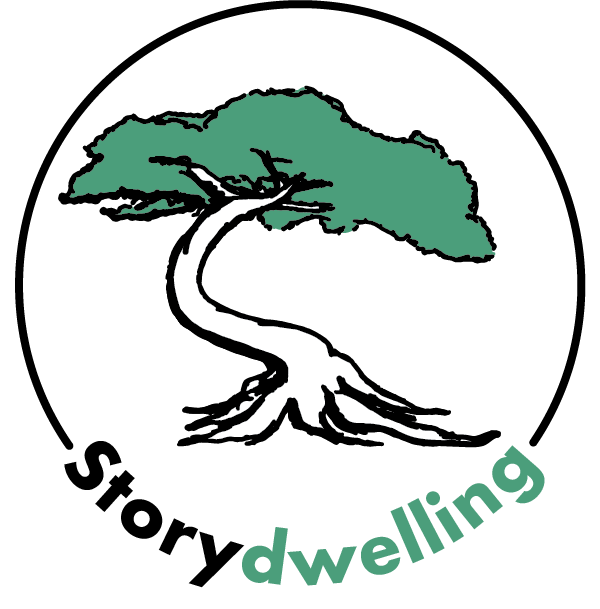I remember one evening when I was seven, sitting at the dinner table eating Sloppy Joes with my family, when my parents asked my  brother, a sullen teenager preparing for confirmation, if he had the Lord’s Prayer memorized. He didn’t. I perked up: a chance to be smug. And so I recited that prayer aloud to my family and felt thoroughly holy.
brother, a sullen teenager preparing for confirmation, if he had the Lord’s Prayer memorized. He didn’t. I perked up: a chance to be smug. And so I recited that prayer aloud to my family and felt thoroughly holy.
That was one of the last times I felt “Christian enough.” Since then, things have gone downhill.
I have befriended, dated and been family to people who identify as atheists.
I do not hear many (really any) of the “bumper sticker” passages from the Bible as “good news.”
I have been mad since I was twelve that Jesus was born a man.
Could I go to church? Could I go to seminary? Could I pastor a community?
Would I be Christian enough?
Well: yes, yes, yes and probably; at least, enough for me to live my life dwelling deeply in the ongoing story of the Holy. Which is Christian enough.
And so it is very good and right and meant-to-be that I have landed in the Northwest, where we talk about what is gained and lost when we use words like “Christ,” “salvation,” “church,” “Lord.” We do not take anything for granted. It is all on the table, up for debate. What happens when we die, how we find healing and wholeness, what constitutes good and healthy relationship, how we are to respond to sorrow and terror in the world: these are the questions of our time (and perhaps every time). And words like “salvation,” recited in unison from our bulletins, do not offer me any comfort. Rather, I, and I’m not the only one, might prefer to gaze at the Three Sisters on a first-of-Spring day, like today. There is salvation there, but I might not call it that. I might not need to call it anything.
And that, my friends, is Christian enough. IMHO.
Is it just me, or is there something in the water that has led us to believe that there are benchmarks and litmus tests for what makes people Christian enough? This is a problem, because I–and lots of people–do not feel like we hit those marks. I also do not feel welcome in the popular U.S. American, white evangelical narrative of who a Christian is and what a Christian looks like and how a Christian believes. I do not feel welcome and I am also not particularly interested in conforming to it. You can’t fire me; I quit!
The thing is, it is because I am a Christian that I am a feminist. Not despite it.
It is because I am a Christian that I long for tables in our churches and our world that are big enough to hold everyone, forming bonds of relationship and love across differences in belief.
It is because I am a Christian that I want to stand in solidarity with the people Jesus stood with: children, women, the ones the dominant culture calls “the other,” whether on the basis of race, orientation, identity, documentation status or wealth.
I long for community that walks together as we cultivate new vocabulary, or reclaim old vocabulary (and maybe even creeds), to express how our relationships, experiences, sorrows, joys and transcendent experiences with the Holy intersect with the wisdom of sacred texts, ancient rituals, and the teachings of our ancestors.
I am not the first nor the last to spill some virtual ink on this subject. But I want to do it, and I want to invite the people I love to do it with me. Because this is vulnerable for me–it is vulnerable to wear a collar and say I don’t know exactly what happens when we die; it is vulnerable to preach from the Bible and also feel repulsed by some of what the Bible says; it is vulnerable to occupy the liminal space between identifying with a label and yet rejecting the baggage that label carries–and I don’t think any of us want to do it alone.
So welcome to a series of writings, poems, videos, and whatever else our Creative can dream up, all with the hopes of dwelling deeply in ways that disrupt–or at least get intentional about–what it might mean to be “Christian enough” here and now. By which I mean, what it means to be imperfectly and beautifully human. What it might mean to go from the pew to the mountain, and from the mountain to beloved community. What it might mean for us to gaze with awe at the Sisters and into the faces of our siblings, friends, and neighbors in Love.
Gaze away.
– Erika

Recent Comments